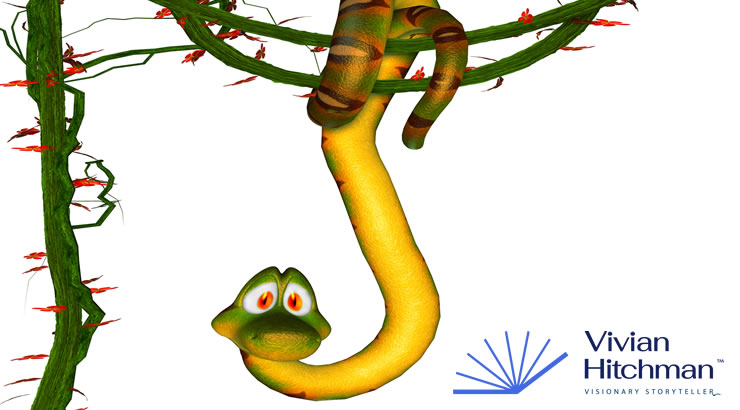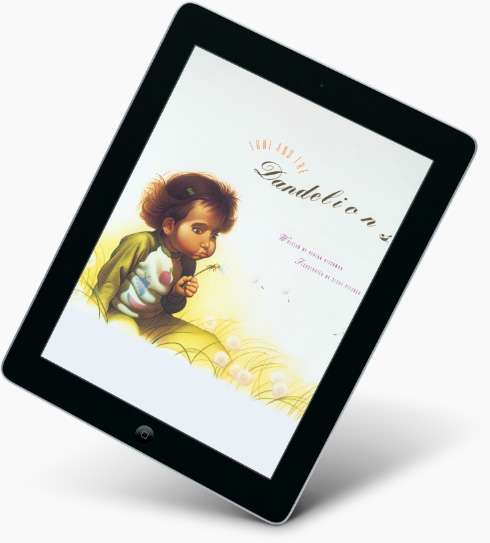How to know when you have a green tail…
When one person tells you “You have a green tail, you think they’re crazy. When two people tell you “You have a green tail,” you think it’s a conspiracy. When three or more people tell you “You have a green tail,” you turn around and notice.
How can you notice your small-stuff before the rest of the world does? Sometimes the small-stuff matters because sometimes the small-stuff, if ignored, turns into big-stuff.
Our personal small-stuff can offer us a host of information. But small stuff can also be about tolerating or putting up with other people’s behaviour or comments. I’m sure you’ve heard the expression, “the straw that broke the camel’s back”. Well, the straw is an example of small-stuff, and the camel could be you. It’s a powerful metaphor, which says that you are at a breaking point, and it would only take one more seemingly insignificant comment or behaviour to send you reeling into an explosive reaction.
Small-stuff, like the straw, are often low grade, under-the-radar irritants, which are easily missed. They can fester and irritate like a pebble in a shoe or an unreachable itch. They can be clandestine in nature but if noticed can offer a glimpse into the discord, which percolates beneath our layers of protection. They are the yellow warning lights… a cautionary message asking to be acknowledged. Best to pay attention to small-stuff irritations because they could be precursors to change. Notice them and prepare for the change they are nudging you towards.
If you choose to ignore a consistent nudge it could lead to a far greater and more serious intrusion. For example…
- An employee who resists taking direction may resort to passive-aggressive behaviour. Unchecked, his lack of cooperation could undermine collaborative efforts and compromise the effectiveness of the program.
- In personal or professional relationships, recurring negative behaviours or comments could initially be brushed off but over time, if continually minimized, could expand into full-blown confrontations.
- Bullying could be another example of small-stuff leading to inappropriate big-stuff. A minor comment initially voiced as a joke could escalate and spread like a virus throughout a group. In truth no level of bullying should ever be acceptable or viewed as small-stuff. But in light of this article, inappropriate behaviour on a small scale could initially be rationalized and be seen as funny. Lack of awareness and compassion could transition them into hurtful attacks.
- In a health perspective, an ignored chronic ache could lead to other more serious ailments.
The small-stuff are not meant to instill worry or fear but rather to draw attention to something lingering. Occasionally an irritant when handled with a neutral mind, void of judgment could be transformed into something beautiful. In nature, an oyster containing an irritant will produce nacre, a smooth coating that will build up layer upon layer to create a pearl.
Regardless of whether irritants lead to good or bad results, small-stuff are usually present for a reason. Notice them. Be like an animal in the wild when hearing a rustle or a subtle shift in the air. Its head will lift; ears perk up. Stillness will descend. It knows that attention may be needed for imminent change and action.
So turn around and check out that green tail or any other small-stuff that may be hovering over you. Identify the nacre, which could potentially layer your small stuff… positive or negative.
Follow these steps in dealing with your small-stuff…
Notice it… pay attention to it. Look it straight in the eye.
Acknowledge it… Draw it up to your conscious mind and say “Ahha! I feel you, I see you no matter how small you are.” Takes less energy than denying it.
Communicate it… name it and share your discovery with someone.
Neutralize it… identify your attachment to it…positive or negative. Defuse it by finding the middle ground.
… Because the small-stuff can be critically important…
Vivian
“Don’t ignore the small things – the kite flies because of its tail.” Hawaiian proverb

About Vivian
Visionary storyteller, Vivian Hitchman, authors inspirational, imaginative, and empowering works, with a focus on helping people understand life’s meanderings.
Through her writings, she encourages kids to be resilient and steadfast against negative input, helping them to find the positives in their experiences.
Applying her years of experience and expertise as a life coach, Vivian challenges readers to move beyond their limiting beliefs, negative self-talk, and destructive patterns of behaviour, helping them gain greater resiliency and fulfillment in their lives.


